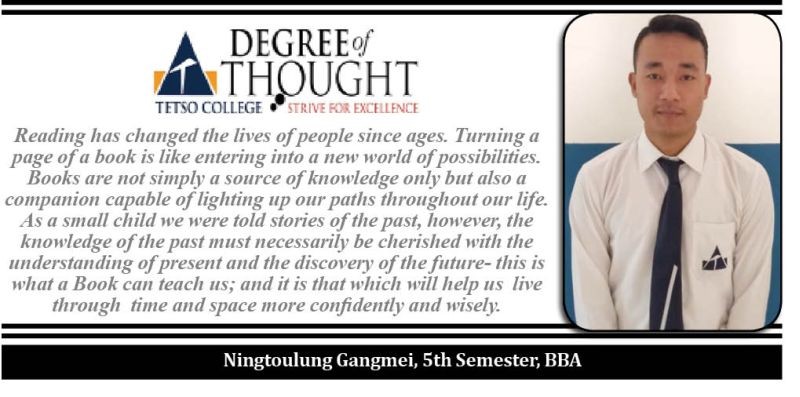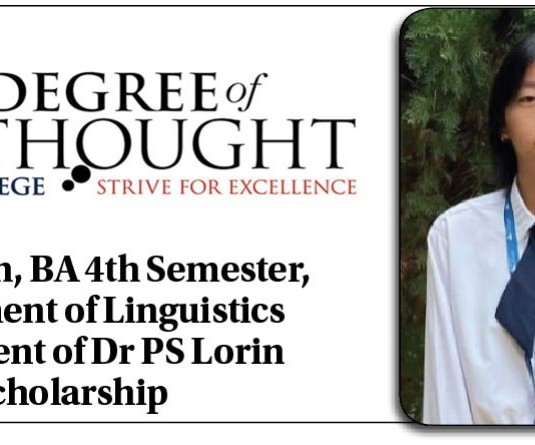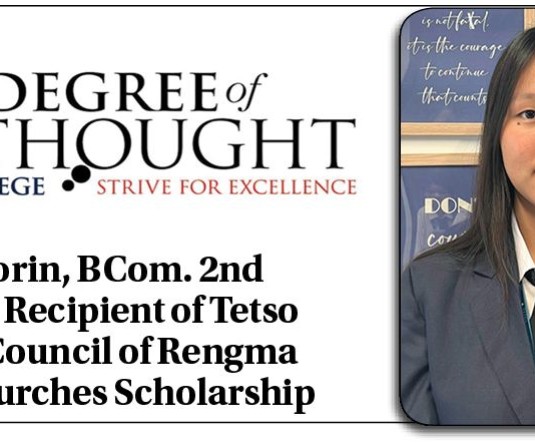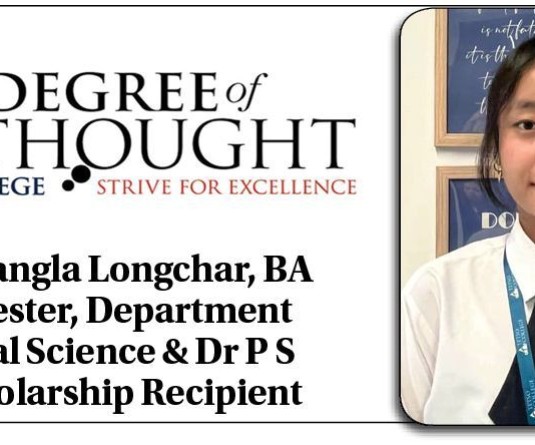
The most profitable door a person can ever enter is the library’s door. For me, it is like entering a room and listening and communicating with friendly souls, where I relate my affairs to different fields of my life and they find all the possible ways of solution for me through their ways of failures to success with lessons.
Almost all the knowledge is available there. A room for all those who crave for knowledge and wisdom. Being a person who realized the value, the importance and the worth of reading quite late but not too late, it’s really amazing to see how till date only a few people actually practice it. In fact, some books have contributed more reasons for why I am as I am today, and why I should be. It provided me to live a better-quality life with a better perspective on how to view things when destiny offers.
When we look back at how we were brought up, it’s very insufficient in terms of knowledge; however we all know how the situation was back then. The only source of knowledge was going to school and also listening to forefathers’ old stories told by our parents. But it’s sad that many of us still fall in that “CAVE” which is absolutely not enough in this era of rapid adaptation, competition and challenges. We were focusing more on our forefather’s way of living, pinned by our culture and traditions, and not on how we might be living in the future. Not foreseeing the possibilities and getting the sense of advancement, or adapting to the ever changing world resulted in lack of progress, thus hindering the society.
Many of us were not brought up with books, or with any kind of reading apart from those in classes. We were not habituated to reading and as I can see, to a large extent, that habit of not wanting to read is still deeply rooted in us. Many of our parents couldn’t take a story book and read to us or they couldn’t teach us to read word by word from a children’s story book. Instead, they introduced us to the television that consumed most of our time. Our minds were not filled with curiosity of the books but TV.
Though we can’t blame them, if our younger generation or our children face the same what we did, then we are surely and should be blamed. We the present generation students need to adopt this habit and pass the habit and the known value of reading from now on to the next generation.
Many still fail to recognize the value of reading which could have been used to generate a power or potential to be self-sufficient and discover ways to achieve different things that we desire. Lezo Putsure, Director of YouthNet, rightly pointed out in one of his webinars where he mentioned that we still live in an environment where our people can spend 500 rupees on fast food without any hesitation, but when it comes to buy a book costing Rs. 500, our people find it too expensive and make faces of exaggeration.
In this generation, people often make this mistake of respecting a person based on what brand of shoes or clothes they have. For me it’s not about how many shoes a person has, it’s about how many books a person has. Countries like the USA have a rich culture of literature and reading. Be it self-help books, biographies, or related to business or entrepreneurship, there is no dearth of books. Those countries are not only economically rich or socially engaged in developing, but also very rich in books. Whatever kind of books one may name, it tends to be available. All the successful leaders have first been the great readers. They know the value of reading books. If we observe most of the families from developed countries (globally) from various sources such as social media, movies, news, webinars etc, how rich or poor they may be but their bookshelves are always almost full.
There is also this wrong notion among some students that students from Arts background need to read books more than from other streams. If we ask a group of students from business areas, we will see the status. “What was the last book you have read?” This is one of the least questions to be answered by the students when asked by any intellectual. But I think successful entrepreneurs read books almost the same as any Literature professor does.
Where we can’t convince people to do well or change their negative perspective towards things in life, books do that easily. If one has been observing he\she will identify that a person who reads a lot, they always give a quality question or answer or talks. They are aware of every word they say and bring to a healthy conclusion. And most of all they gain the ability to subdue the possible fire in a group’s conversation. They not only read well but they speak well and think well too.
It is also known that, in the times of Kings and Queens, from many parts of the world during coronation ceremony or when a king is to marry, his elders, chamberlain, wise men and people from different kingdoms present books as a gift to the king and some with swords. This indicates that a king needs a book as much as he needs a sword to lead his people. For all the wisdom of his forefathers as well as all the historical values and the ways to deal with the coming days of his life are present in the books.
As the technology advances, we have more options to find interest in reading in different ways as people like to read from different sources such as laptop, desktop, phone also in terms of audio books etc. If at all, a person finds it boring or difficult reading a book, that’s not a problem, because there are those speakers who give us the knowledge and understanding through webinars and interactive sessions to a large extent. They have also been inspired and motivated from different sources where books have been their biggest treasury of knowledge and wisdom.
Here, the critical thought is that reading from a book is not the only way to read, but listening and carefully understanding the speakers or intellectuals or any person, is also an art of Reading.
Degree of Thought is a weekly community column initiated by Tetso College in partnership with The Morung Express. Degree of Thought will delve into the social, cultural, political and educational issues around us. The views expressed here do not reflect the opinion of the institution. Tetso College is a NAAC Accredited UGC recognised Commerce and Arts College. The editors are Dr Hewasa Lorin, Dr Aniruddha Babar, Nisha Dahiya and Meren. For feedback or comments please email: dot@tetsocollege.org






